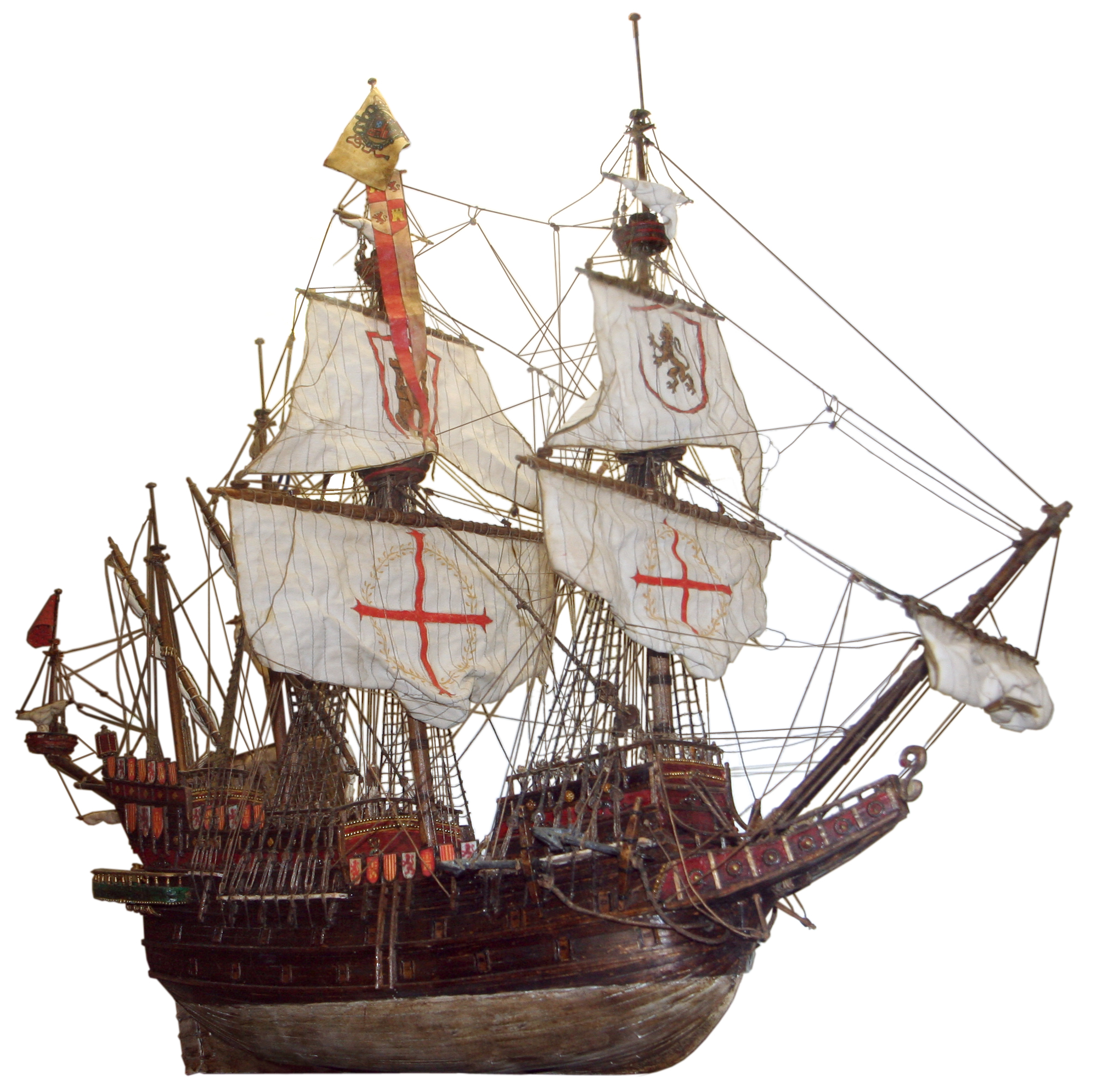That is an easy fix. Replace all mentions of "Cannons" with "Ballista". Unless the DM wants to go even further back, in which case your example of just having archers would work fine.
This is DnD. Replace "cannons" with spellcasters.
That is an easy fix. Replace all mentions of "Cannons" with "Ballista". Unless the DM wants to go even further back, in which case your example of just having archers would work fine.
Personally I wouldnt have chosen a river engagement as example of play especially when a galleon is involved as that ship type is rather unsuited for that task and no sane schooner captain would engage a galleon, even one as severly underarmed as this one.

From your example it looks like you do not take wind into account? That always a tricky decision as wind was so important for Age of Sail combat but makes combat much more complicated. Will it be optional?
The main danger or problem I see is that the naval combat you describe is much more modern than what most settings and campaigns represent. Most settings do not have cannons and guns and I dont think many DMs want to introduce them for naval combat as it would also making them available for other uses.
So if you want your rules to be "plug and play" you should also devote a larger part of the rules to medieval naval combat with galleys and early sailing shios which exchange archer volleys.
This is DnD. Replace "cannons" with spellcasters.
That looks more like a carrack to me.
Fifteen cannons on this galleon.
Yet apart from spellcasters it does not look like the level of the PCs affects the combat ability much. It seems to me that the best thing to do for the PCs would always be to close and board as in that case they get to use their superior melee fighting ability which increases with level instead of relying on the static stats of a ship.This would be an example of, say, a level 10 party. They're bad-asses, have a bit of interesting magic, and assume they can handle anything.
Cannons didnt really damage the ship either. Sinking a wooden ship in combat is very hard. And speaking of fire, what are the effects of the ship being on fire? In your example the burning sails didnt seem to be much of a concern.This system is primarily intended for ZEITGEIST and other settings with cannons - or settings like Eberron that would have 'arcane fusils.' If you don't have cannons, ship facing doesn't really affect your attacking options, and aside from ramming or setting sails on fire it's pretty hard to really damage the other vessel, so such naval engagements are a bit simpler. Ranges are a lot shorter too - 600 ft. max for longbows (and who brings 80 longbows on a pirate ship?) vs. 2400 ft. for cannons. ((Trebuchet work for pre-cannon big weapons, but they take up a lot more space.))
How is special crew handled like marines and sharpshooters in the rigging?The rules I have for crew treat them as a sort of 'swarm of people,' with one shared hit point total, and how much HP the crew has determines how many attacks it gets. When crew make ranged attacks, they target an area and make one attack roll that applies against all creatures in the area.
I specifically went with a more fantastical location because, well, I don't like D&D combats in wide open fields either. An interesting environment makes movement more meaningful. My preference is for naval combat to be like solving a puzzle. The foe and/or environment have some schtick you need to figure out how best to counter.
- that whirlpool spell... what level is that? You are correct to point out that "naval casters" would have "naval" spells... something like a burst of speed, fire control, fog cloud or "deflecting" a ship would all be immensely useful.
I also note that under very difficult circumstances, 5/15 shot hits - was this a lucky roll?
- You can target the hull and the crew (good!), but what about targeting the mast/rigging?
- Different cannon munition... I wouldn't go crazy, but I think cannon balls (range/vs hull), chain shot (vs rigging) and grape shot (vs crew, shortest range) are things to consider.
- I worry that 5e might be too "coarse" with the advantage/disadvantage mechanism. For example, if a ship has disadvantage to maneuvers due to some local conditions, the enemy captain might forgo shooting at its riggings (no point, it's already at disadvantage), while in real life the enemy captain could do that to make things even *worse*
- another example might be the gun ranges. "short vs long" seems a bit... simplistic.
- back on cannons: A big factor here is the skill of the gun crew, not just for accuracy but for *firing rate*. A bad crew could fire maybe once every 5 minutes, while a skilled one could have 3 broadside in the same amount of time.

(Dungeons & Dragons)
Rulebook featuring "high magic" options, including a host of new spells.